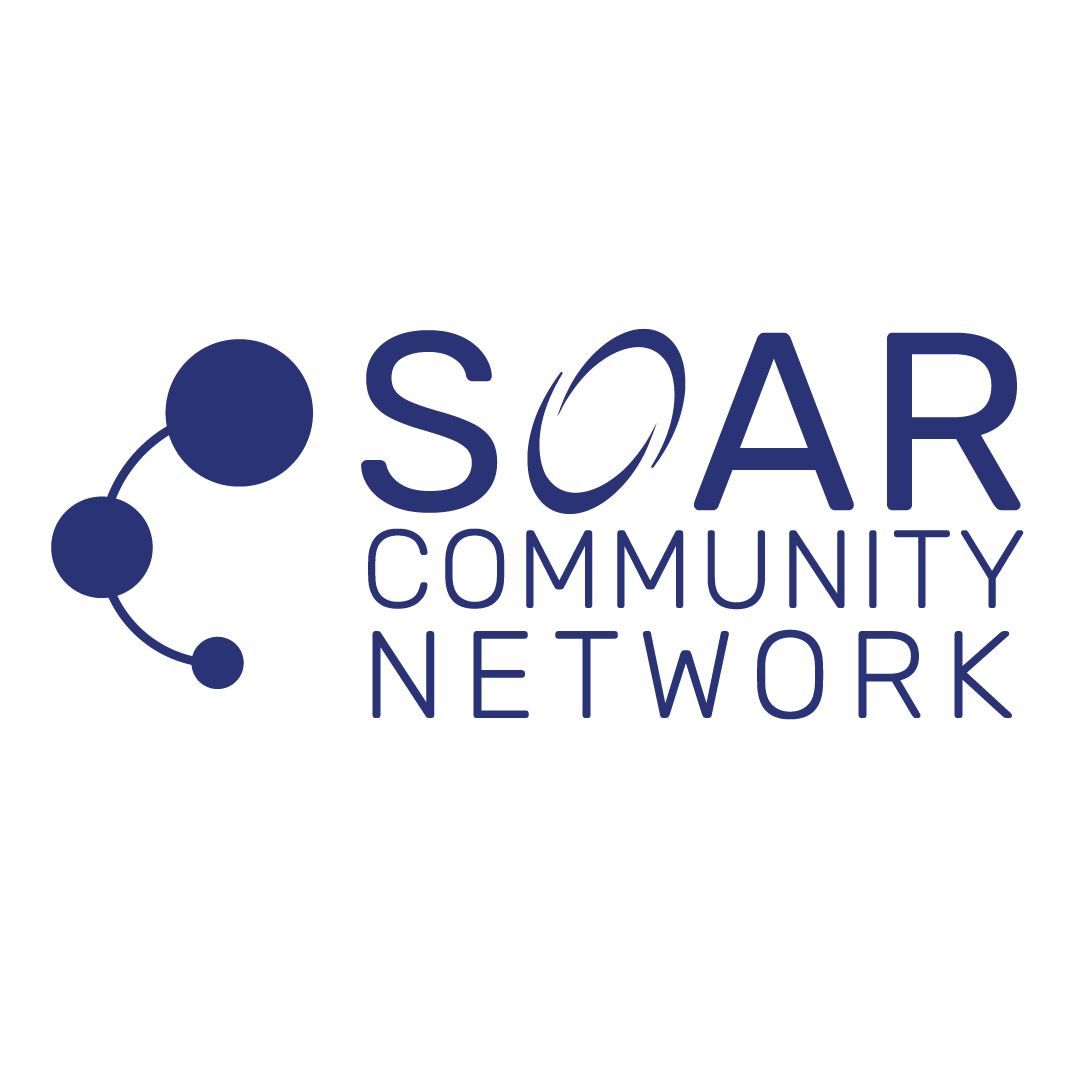Challenge:
Efficient scheduling is crucial for Community Development Financial Institutions (CDFIs) to optimize resources and maximize impact. However, many CDFIs face challenges in this area, leading to wasted resources and reduced effectiveness. Let’s explore the challenges, the solutions, and the actions you can take to enhance your CDFI’s scheduling efficiency. Many CDFIs struggle with the following issues when it comes to scheduling:
- Lack of Standardized Scheduling Practices: Inconsistent scheduling practices can lead to confusion, miscommunication, and inefficiencies. Without a unified system, it becomes challenging to coordinate efforts and ensure that everyone is on the same page.
- Inadequate Training on Best Practices: Team members may not be fully aware of the most effective scheduling techniques, leading to suboptimal planning and resource allocation. Without proper training, even the best scheduling tools can be underutilized.
- Poor Resource Allocation: Schedules that do not align with project priorities and resource availability can result in wasted time and effort. Inefficient allocation of resources can hinder the organization’s ability to achieve its goals.
Solution:
Addressing these challenges involves implementing standardized scheduling practices, leveraging training platforms, and optimizing resource allocation. Here’s how:
- Implement Standardized Scheduling Practices: Create a unified scheduling system to ensure consistency and reduce confusion. Standardizing practices helps streamline operations and improve overall efficiency. By having a clear and consistent approach to scheduling, team members can better coordinate their efforts and avoid misunderstandings.
- Leverage Training and Coaching Platforms: Use platforms like SOAR Nebula to train your team on best scheduling practices. This ensures that everyone is on the same page and follows the same guidelines. Comprehensive training programs help team members understand the tools and techniques necessary for effective scheduling, enhancing coordination and efficiency.
- Optimize Resource Allocation: Regularly review and adjust schedules based on project priorities and resource availability. This proactive approach ensures that your team’s efforts are aligned with your organization’s goals. By continuously monitoring and adjusting schedules, you can make sure that resources are used effectively and that high-priority projects receive the attention they need.
The Action:
Implementing these solutions involves specific actions that can be integrated into your organization’s practices:
- Develop a Standardized Scheduling Framework: Design and implement a standardized scheduling framework that outlines best practices and guidelines for all team members. Ensure that this framework is communicated clearly and is accessible to everyone in the organization. This helps create a consistent approach to scheduling and reduces the risk of confusion.
- Conduct Training Sessions Using SOAR Nebula: Utilize the SOAR Nebula platform to conduct training sessions on effective scheduling and time management practices. Ensure that all team members participate in these sessions and understand the importance of following the standardized framework. Regularly update training materials to reflect new insights and best practices.
- Regular Schedule Reviews and Adjustments: Establish a routine for reviewing and adjusting schedules based on project priorities and resource availability. Use data and feedback from team members to make informed decisions about schedule adjustments. This helps maintain alignment with organizational goals and ensures that resources are used efficiently.
Conclusion:
Enhancing scheduling efficiency is crucial for CDFIs to optimize resources and maximize impact. By implementing standardized scheduling practices, leveraging training platforms like SOAR Nebula, and optimizing resource allocation, you can significantly improve your organization’s efficiency and effectiveness.
Our C3 Framework, designed to foster compassionate, cohesive, and collaborative cultures, provides the foundation for these solutions, ensuring long-term success and impact.

